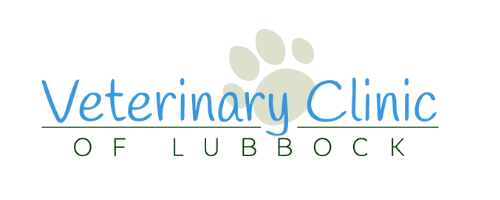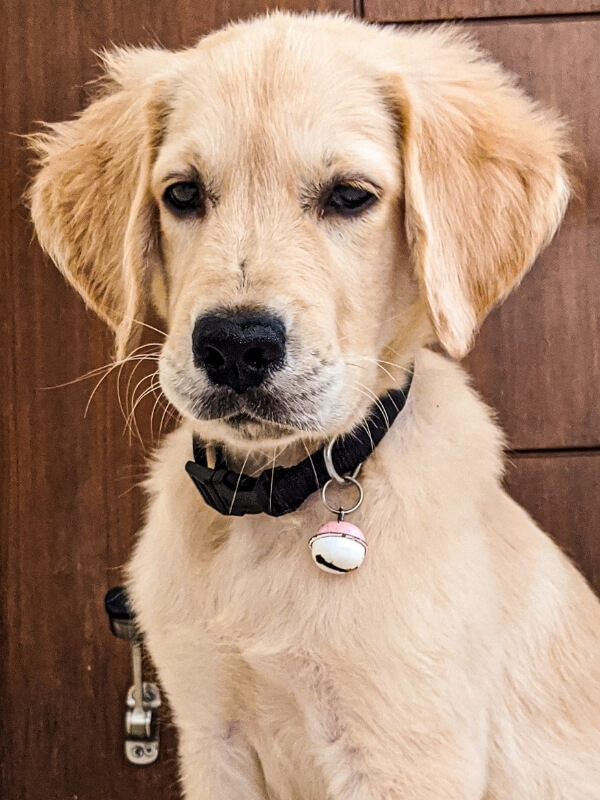Dog Parvovirus
Canine parvovirus, or CPV, is an extremely contagious virus that affects dogs, generally puppies.
Dog Parvovirus
This virus is often seen in two different forms, the most common being the intestinal manifestation which includes the following symptoms:
- Dehydration
- Diarrhea (often severe and bloody)
- Fever
- Lack of appetite, or anorexia
- Lethargy
- Vomiting
- Weight loss
The other manifestation of the illness will be the cardiac form of the virus which attacks the heart muscles and causes death. The only way to truly prevent parvovirus is through vaccination.
What Happens When a Dog Contracts Parvovirus
When a puppy contracts parvovirus, their ability to absorb nutrients is affected, resulting in dehydration, weakness caused by lack of protein and fluids, red mouth and eyes, and rapid heartbeat. A gentle touch on the abdomen by the veterinarian may indicate signs of pain or discomfort from the dog. In most cases, a patient will have low body temperature rather than a fever.
How a Dog Gets Parvo
Parvo is generally transmitted by either direct contact with an infected dog or contact with the fecal matter of an infected dog. When a healthy dog sniffs the stool, it can contract the disease this way. The virus is extremely contagious and can be brought into the home on shoes and even survive in soil for up to a year. Parvovirus is resistant to many cleaning products and will only be killed with bleach.
Vaccination is important, but it is vital that your pet is vaccinated by a reputable veterinarian. Often breeding kennels and dog shelters house unvaccinated animals, which can potentially spread the disease.
How Parvovirus is Treated
Because parvo is a virus, it has no cure and must run its course. Treatment is therefore focused primarily on relieving the symptoms, usually through hospitalization. Typical treatments may include administration of IV fluids to help the body maintain and medication to minimize nausea, vomiting, and diarrhea.
The Survival Rate for Dogs with Parvovirus
About 70% of the puppies that contract parvovirus survive. Younger puppies are at a greater risk.
Life After Parvo
If your dog survives parvovirus, there may be consequences that you should be aware of. The pet may have a weakened immune system, putting him or her at great risk of acquiring other illnesses. The pet may also still have digestive issues leftover from the virus. For two months after your dog’s recovery, he or she will continue to be contagious to other dogs, so you will need to inform friends and neighbors and also sanitize your pet’s belongings. While recovery generally comes with long-term immunity, there is no guarantee that your pet will not be infected again.
The Best Way to Prevent Parvovirus
Following the proper vaccination protocol is the best prevention of parvovirus. We recommend a series of vaccines for puppies, administered at 6, 9, and 12 weeks of age, and we recommend that socialization doesn’t begin until 2 weeks after the last booster. This helps prevent the spread of disease.
Schedule a Visit with the Veterinary Clinic of Lubbock
If your pet is in need of veterinary care or due for their semi-annual examination, please contact our team for assistance. Some of the other services we offer include pet wellness care, vaccinations, surgical services, spay & neuter, dentistry, pet allergies, parasite prevention, and tick protection. We look forward to seeing you and your pet soon!
If you have questions about parvovirus prevention or treatment, give us a call at 806-792-8387. This is one of the most important diseases to prevent, and we are always available to talk with you about keeping your pet safe from parvo.

